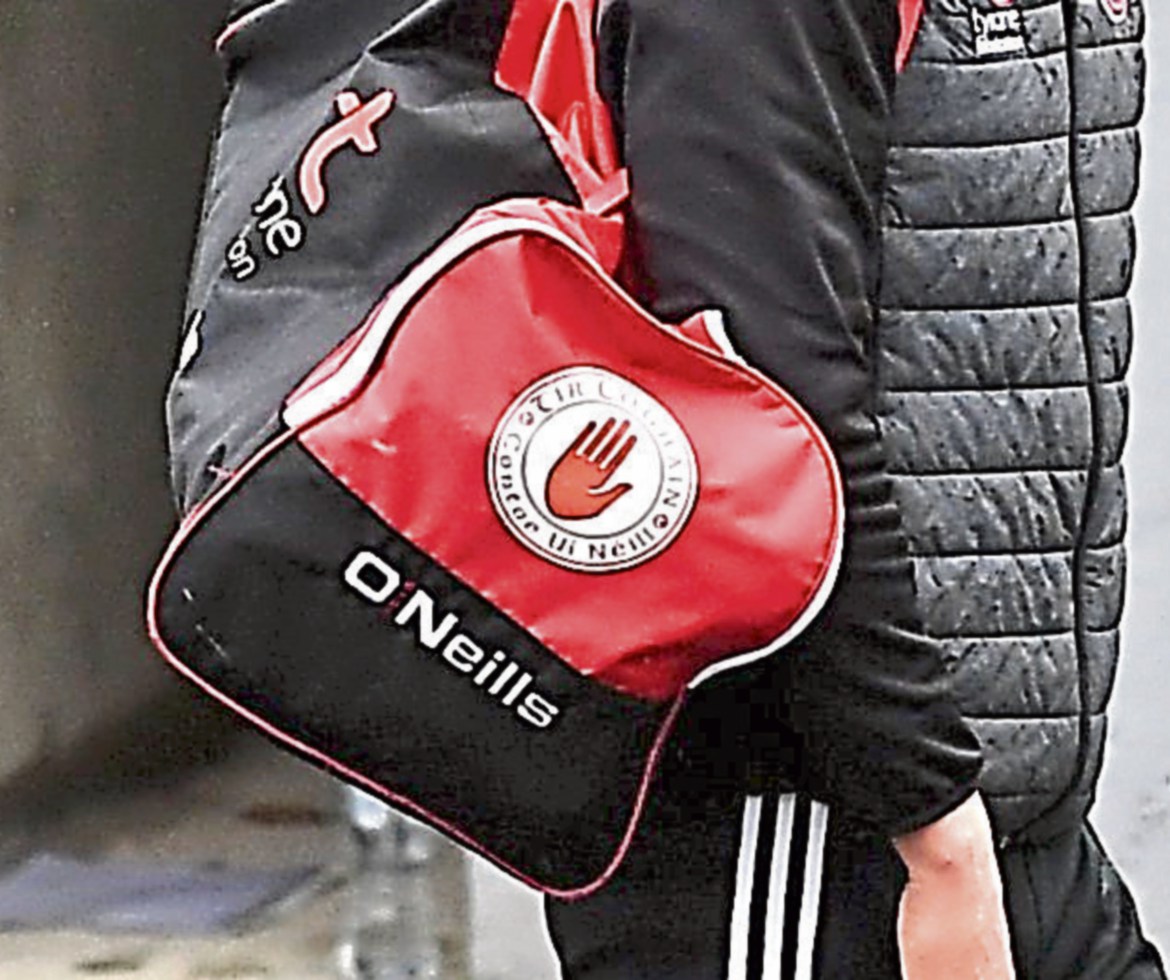I’VE already been on the record (If we count Twitter as a record!) by saying that I found a lot of the commentary around the Tyrone football team’s Covid-19 outbreak uncomfortable.
Chatter about investigations into how so many players caught a highly transmissible strain of a global virus. They aren’t professional athletes, meaning they have to live and work in their communities, in a region where rates continue to skyrocket.
Some delighted in blaming the players, citing their knowledge of what they allegedly did to celebrate the Ulster final.
We seem to expect amateur players to live like Poor Clare nuns while the rest of us enjoyed our returned freedoms?
Is this where we’re at now? Blaming people who fall ill?
I’m very glad that they were given the extra time and teams like Fermanagh and Sligo who also fell victim to outbreaks should also have been given the time.
There has been a lot of handwringing about precedent. What precedent? That we put health above sport and fixtures? Do we really care that much if some club games are postponed later in the season? After all we’ve been through, some really wanted the GAA to not budge?
As someone who works with athletes to help keep them mentally well, I think its time that we began to talk about the psychological impact of Covid, and the psychological power the society you live in, can have on players and coaches.
We don’t know about vaccination rates amongst to team, but we have been led to believe they probably weren’t as high as they should have been. We do know that some players were very ill and needed hospital care. Perhaps instead of crying about delays to facilitate player welfare and ‘investigations’ we might be better off reminding people of the importance of vaccinations and following guidelines. With Covid still killing people, if all we have to cry about are fixtures, we really need to find our perspective.
We’re in a misinformation age when it comes to Covid and vaccines. We know how myths take hold, and we’re trying to encourage and not shame people. Yet we seem to hold these footballers to a higher standard. Athletes, including some Olympians very recently, chose to not take the vaccine due to fears about performance impacts and misinformation. When we create a culture of winning at all costs, these thoughts will find space to circulate and will start to make sense to management and players.
The culture you live in is key. I’m going to make a sweeping statement now. The north has been less stringent and vociferous about vaccinations and restrictions compared to the south. This is reflected in vaccination rates amongst the young, and the level of perceived risk attached to Covid.
I’m sure Feargal Logan and Brian Dooher wanted their players healthy and able to perform to their best. They are intelligent men. This is where our brains can let us down. Humans aren’t very good at risk assessment. The last year and a half showed us that. It has emerged from comments Logan made earlier this month that vaccinations wouldn’t have been available for the players until late May or early June, and part of the consideration was a compressed league and championship and the potential for post-vaccine illness to impact their performance. This is the nub of the issue.
This is an uncomfortable headspace to be in. It can create feelings of guilt, resentment and anger within a group. As we saw earlier this year with training bans being broken by people who knew better, players will do anything to play. Including avoiding a life-saving vaccine for fear of being benched. Managers hold that power. Coaches need to think about the messaging they are giving their players. Sport psychology is not just about finding that last half inch of peak performance. It’s about player welfare. It about ensuring everyone can be their best selves.
Very little commentary has been done about the psychological impact of Covid in sport. Some players might not have been sick, or too sick, but will have the mental burden of training in isolation or perhaps guilt due to the delaying the championship or even worse, passing the illness on to someone else. As of yet, the big unknown is how Covid infection affect our bodies and minds, long term.
A study looking at over 230,000 people worldwide published in the Lancet a few months ago pointed to brain fog, depression, forgetfulness and sleep disturbances. One in three sufferers have been diagnosed with a neurological condition. 17 per cent had anxiety disorders. Another 14 per cent had mood disorders. Injuries like brain haemorrhages and stroke, though thankfully at much lower rates, were also recorded. Your chances of this happening to you are much lower if you are vaccinated.
You don’t need to be a genius to figure out they aren’t helpful disorders in life, or in sport. And they are avoidable. We tend to underestimate our risk to these events, and overestimate our abilities to counteract them. This is why Tyrone fell at this hurdle. They are human. Blaming them for being human is wrong.
The GAA did the right thing by delaying the game. Not because it ‘suits’ Tyrone, but because the health and well-being of these young men is their responsibility. It will help create a culture of openness which is badly needed across all sports. To this day, illness is perceived as a weakness in sporting culture. Winning must happen at all costs. That’s not good for the head. Neither is Covid infection, so please get vaccinated.
Receive quality journalism wherever you are, on any device. Keep up to date from the comfort of your own home with a digital subscription.
Any time | Any place | Anywhere












